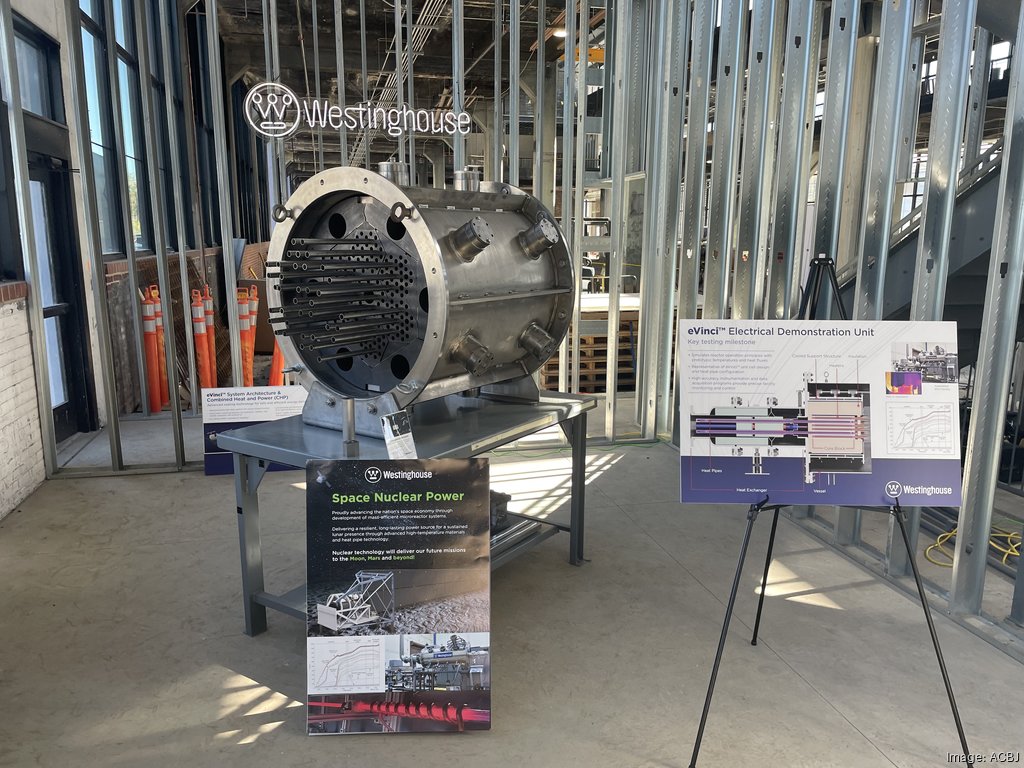

Westinghouse Electric Company and McMaster University, based in Ontario, Canada, have signed a memorandum of understanding (MoU) and a master services agreement (MSA) to advance research and development for Westinghouse’s eVinci microreactor.

The collaboration focuses on accelerating the technology’s path to commercialization through extensive research, including material irradiation and examination studies. The eVinci microreactor represents Westinghouse’s decades of innovation, offering carbon-free, safe and scaleable energy solutions.
McMaster University, a prominent institution in nuclear research, operates the McMaster nuclear reactor on its campus. This multi-purpose facility supports medical isotope production and scientific studies. To aid Westinghouse’s eVinci project, McMaster is upgrading its testing infrastructure with a high-temperature irradiated test rig to validate the microreactor’s design and support its licensing process.
The partnership, which started in 2022, has already made progress. McMaster completed a literature review of material properties and developed material handbooks to guide the microreactor’s engineering design and future testing requirements. These efforts aim to ensure the technology meets safety and performance standards for commercial use.
McMaster acting vice-president of research Andy Knights said:
“We’re proud to partner with Westinghouse and contribute our research expertise and world-class suite of nuclear facilities in support of their eVinci microreactor programme. As Canada’s nuclear university, McMaster is committed to working alongside our industry partners to advance materials and energy solutions for a cleaner world.”
The eVinci microreactor, a product of Westinghouse’s long-standing innovation, offers a scalable, carbon-free energy solution. It provides reliable electricity and heating for diverse applications, including data centers, mining operations, remote communities, universities, industrial facilities, and defense sites. The reactor is built and assembled at a factory, shipped in a container, and operates with minimal moving parts, functioning like a battery. It can generate between several kilowatts and 5MW of electricity and run for over eight years without refueling. The technology is also being explored for potential use in extraterrestrial environments, such as the lunar surface.
Westinghouse eVinci technologies president Jon Ball stated:
“McMaster University is a strong Canadian research partner, offering years of valuable experience and insights from operating its research reactor that can be applied to our microreactor technology. By broadening our collaboration and leveraging McMaster’s unique capabilities, we can further accelerate the commercialization of our eVinci microreactor.”
This collaboration strengthens Westinghouse’s efforts to deliver sustainable energy solutions while leveraging McMaster’s advanced nuclear research capabilities. The partnership aims to contribute to cleaner energy options, supporting industries and communities with reliable, low-carbon power.
Managed by I2M Consulting, LLC
